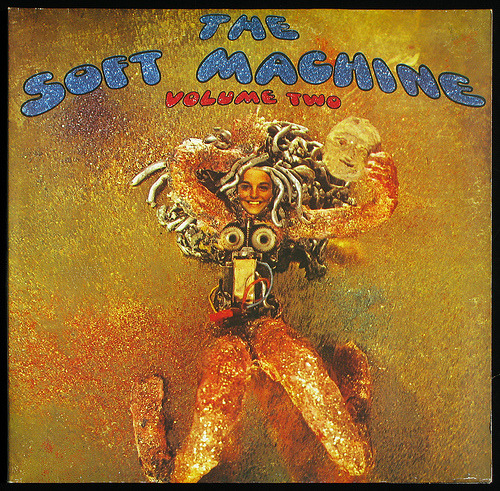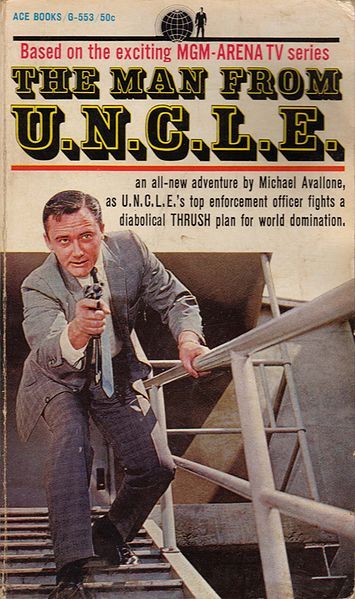RIP Hugh Hopper (1945 – 2009)

Volume Two by Soft Machine
Yesterday, Hugh Hopper, British progressive rock and jazz fusion bassist and composer (Soft Machine) died at age 64. He was a prominent member of the Canterbury scene, as a member of Soft Machine and various other related bands. The Soft Machine was a pioneering English psychedelic band from Canterbury, named after the book The Soft Machine by William S. Burroughs.
Hopper’s role with Soft Machine was initially as the group’s road manager, but he already composed for their first album The Soft Machine and played bass on one of its tracks. In 1969 he was recruited to be the group’s bassist for their second album, Volume Two and, with Mike Ratledge and Robert Wyatt, he took part in a recording session for The Madcap Laughs of Syd Barrett. Hopper continued with the Softs, playing bass and contributing numerous compositions, until 1973. During his tenure the group evolved from a psychedelic pop group to an instrumental jazz-rock fusion band. In 1972, shortly before leaving Soft Machine, he recorded the first record under his own name, 1984 (named after George Orwell‘s novel). This was a decidedly non-commercial record featuring lengthy solo pieces using tape loops as well as shorter pieces with a group.
[Youtube=http://www.youtube.com/watch?v=SJtUwVRFjjM&]
In one of the myriad connections in (un)popular music, New York based No Wave music group Material led by Bill Laswell covered Hopper’s “Memories” on their One Down album. The song was written by Hopper just prior to his joining Soft Machine, but most well known from Daevid Allen‘s Banana Moon album which featured a lead vocal from Robert Wyatt.
[Youtube=http://www.youtube.com/watch?v=i3CZPNT9GSs]
The vocal here is performed by Whitney Houston in one of her first ever featured lead performances.
“Memories” is World Music Classic #329.


![Hi B. Note to reader: B. contacted me yesterday with the following question: “Hi. I come here daily, but this is the first time I’ve commented. I was wondering if you could help me out. I’m trying to figure out the name of this artist/band to whom this video belongs?” By an incredible coincidence, the title of the track you have been looking for is “B” My long-time fellow traveler Erkki Rautio came up with the following. “the track is “B” by Colin Newman (of The Wire fame), released as a 7” and on his album “A-Z” in 1980. [1][2][3]](http://18.media.tumblr.com/Y3KxdEiQuo6phcckZ1ipbiygo1_400.jpg)

